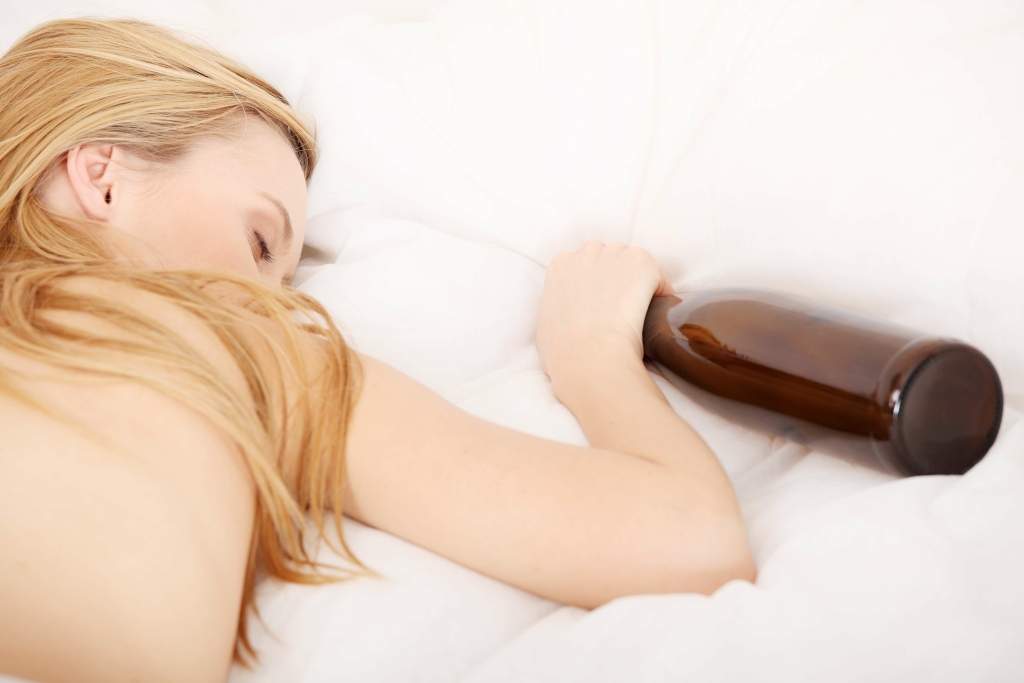They do so to justify their actions or to assure others that their habits are not concerning. If you or a loved one are struggling with alcoholism, don’t wait any longer. Contact one of our dedicated treatment professionals at Carolina Center for Recovery today. Getting defensive when confronted about a drinking problem – one tell-tale sign of alcoholism https://ecosoberhouse.com/ is when people get defensive or angry when they are confronted about their alcohol consumption. If it isn’t a problem, there is usually little reason to get angry. They may be embarrassed or ashamed, so they resort to secrecy. As the individual begins drinking more heavily and chronically, the physical symptoms may become more apparent. Check on LA alcohol rehab.

If so, it may be time to have a conversation about treatment options. Blackouts are most common after binge drinking – quickly elevating blood alcohol contents. These problems can be exacerbated if drinking on an empty stomach. Blackouts mixed with lapses in judgement can lead to an increased risk of things like drunk driving, unprotected sex, vandalism, and more. As people move from mild to severe AUD, their bodies and brains will experience significant effects of alcohol abuse that may show up quickly, or gradually appear as a more long-term effect. People who have an alcohol use disorder tend to forgo hobbies and activities they once considered enjoyable.
Impact on your health
While this list of symptoms may be useful outward indicators of a drinking problem, signs of alcohol abuse go much deeper and may only be noticeable by the drinker themselves. Short-term physical effects can include alcohol poisoning and physically risky behavior like unsafe sex or drunk driving. This is because excessive alcohol use—more than three drinks per day for women or more than four for men—can put you at risk of developing alcohol dependency over time.
Remember, even though alcohol is legal for buy for people over 18, it is still a dangerous and potentially fatal substance to abuse. Chronic drinkers are more liable to contract diseases like pneumonia and tuberculosis than moderate drinkers.
What is Alcohol Use Disorder (AUD)?
A person with AUD might not hang out in a bar all day or fall down after they’ve been drinking heavily. Some people seem fine and functional in their daily lives despite their alcohol addiction. Contact AspenRidge treatment for information on evidence-based programs that offer mental health and substance addiction support at all stages.
What is an alcohol chin?
Alcohol consumption leaves us dehydrated, which would be bad enough for our skin on its own. But in response to that dehydration, our bodies start retaining water, which causes puffiness and bloating that will accentuate the appearance of a double chin.
Binge-drinking, high-intensity drinking, and alcohol use disorder are highly prevalent in the United States. Drinking is commonplace in many social situations, from gatherings with friends to social work gatherings, dates, etc. As a result, it can be easy to get swept up in excessive drinking, and many people see their drinking progress from casual social drinking to extreme long-term alcohol abuse. Alcohol use disorder is considered a progressive disease, meaning that the effects of drinking alcohol become increasingly more severe over time.
Finding Detox and Treatment
You may notice tremors between drinking episodes as your body systems struggle to regain physical signs of alcoholism equilibrium. These shakes increase in frequency as alcoholism moves into later stages.
- Heavy drinking can cause increased fat in the liver and inflammation of the liver .
- When alcoholism is severe, an individual may develop a physical dependence on the drug.
- If someone’s alcohol abuse has been caught early, they might not require the higher level of care provided by an inpatient program and can instead attend regular sessions of outpatient treatment.
- This portion of the brain is severely impacted by excessive alcohol consumption.
Many people turn to alcohol to cope with mental health conditions like depression or anxiety. When a mental health and a substance abuse condition occur at the same time, it’s called a dual diagnosis. Left untreated, dual diagnosis comes with a high risk for relapse. In the case of nearly every addiction, but certainly alcohol, it is essential that the recovery treatment starts with medical detoxification.

